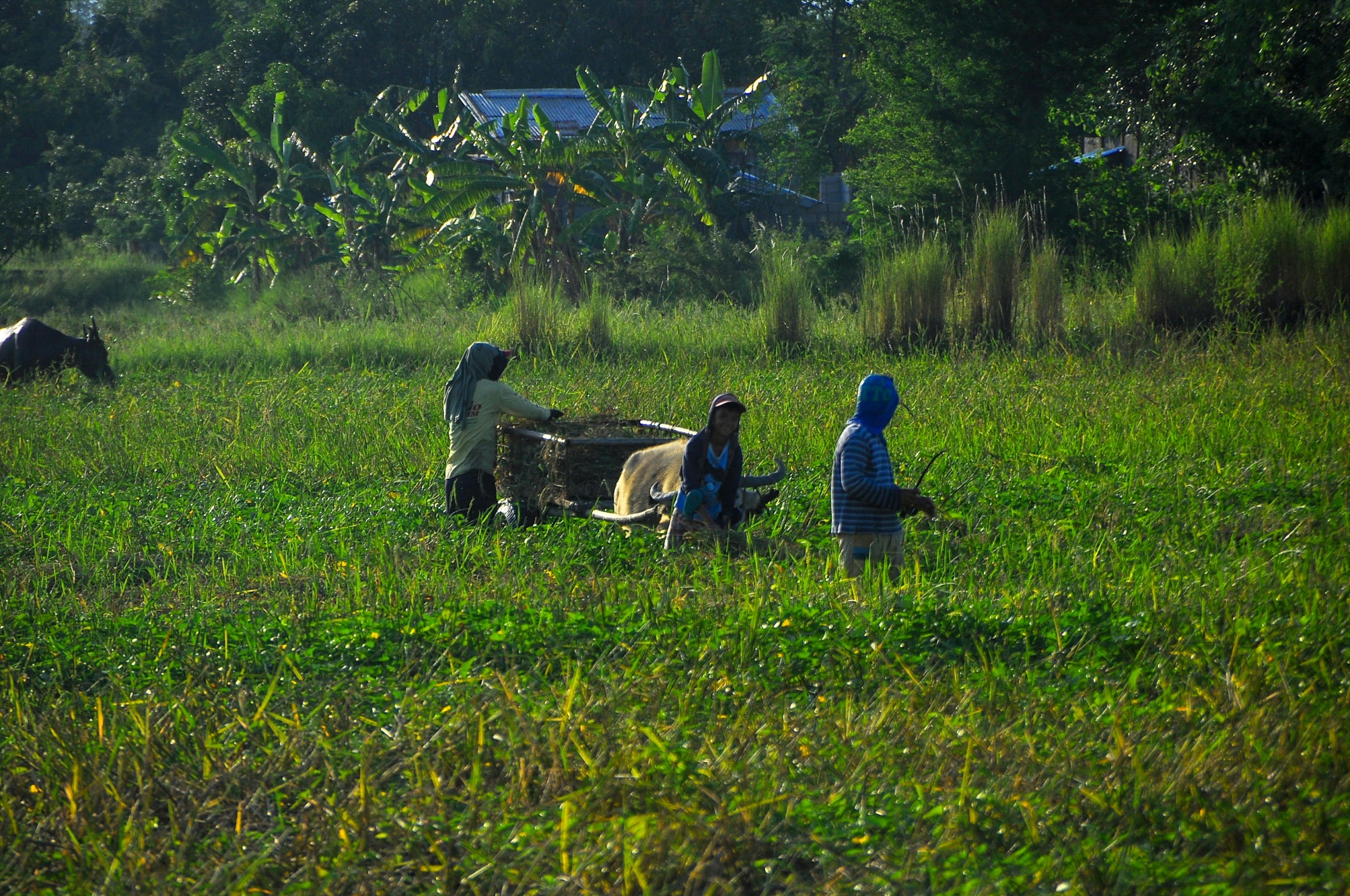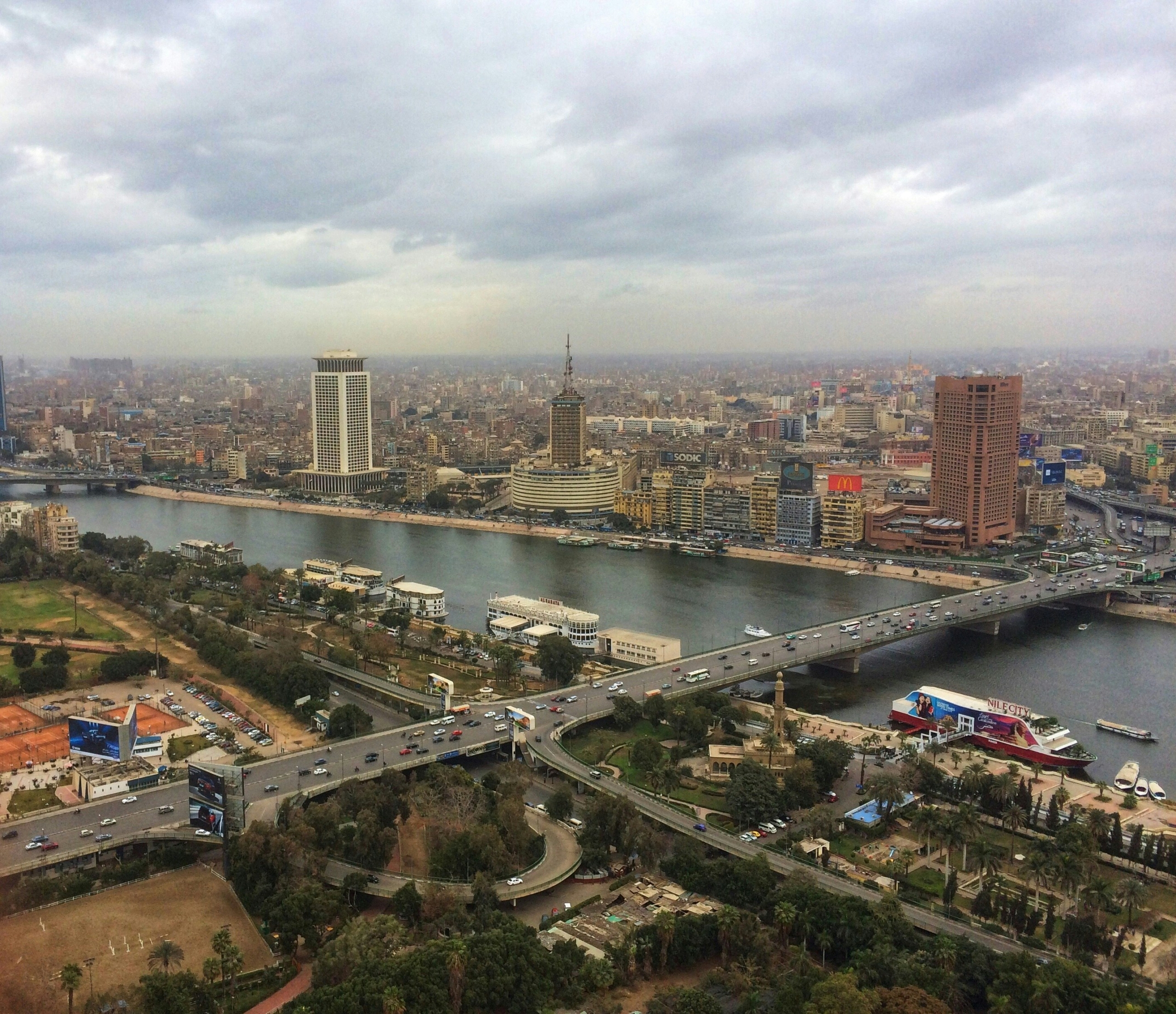We are excited to announce that Brink is now part of Africa Practice. Learn more
South-South partnerships deliver when they start with local capacity, not imported blueprints.
We’ve watched South-South cooperation shift from aspiration to operational reality. Last year, African leaders signed millions in cooperation agreements with Latin American and Caribbean counterparts. The ambition is there. Now the opportunity lies in translating these frameworks into measurable outcomes on the ground.
The gap isn’t vision—it’s implementation design. Cooperation delivers when partners build from existing local systems rather than importing blueprints. Mozambique’s ProSAVANA project showed us what happens when transfer precedes adaptation. Brazil’s Cerrado expertise held real potential, but without grounding in local farming systems, that potential remained unrealised.
The lesson isn’t that cross-regional learning fails—it’s that success requires starting with what’s already working locally and building from there. This creates an opening: cooperation anchored in operational realities—health clinics, municipal offices, farming cooperatives—can unlock the substantial potential that high-level agreements point towards but rarely capture.
Learning from what works: embedded systems generate results
Latin America demonstrates both the pitfalls and the pathways. Brazil’s Proinfância childcare initiative struggled when national policy exceeded municipal delivery capacity. Yet Brazil’s Bolsa Família and Family Health Strategy programmes succeeded precisely because local governments shaped implementation from design through execution.
The difference reveals the opportunity: when partners embed cooperation in local delivery systems—with clear roles, resources, and accountability structures—programmes generate lasting impact. Municipal actors become co-designers, not recipients.
Africa already possesses these systems. Mozambique’s UNAC farmers’ movement shapes national agricultural policy because farmer voices inform decision-making from the start. Kampala and Kigali are pioneering digital tax systems and social protection programmes built for local conditions. These examples prove that African communities hold the institutional capacity for effective, bottom-up transformation.
The upshot: South-South cooperation can connect these proven systems across regions, enabling partners to pilot, iterate, and scale solutions collaboratively. This isn’t about creating new infrastructure—it’s about linking existing capacity to multiply impact.
Communities realise progress not in conference halls, but in practical settings where policy meets lived experience: town halls, classrooms, and fields.
The diaspora advantage: 133 million connections waiting to be activated
The African diaspora across Latin America and the Caribbean—133 million people—represents one of the most underutilised assets in global development. These aren’t just demographic statistics; they’re operational infrastructure for knowledge transfer that formal cooperation mechanisms struggle to replicate.
Brazil’s quilombola farmers practice ecological agriculture rooted in centuries-old African knowledge, refined through generations of adaptation to local ecosystems. Through emerging partnerships with African agricultural cooperatives, they’re co-developing climate resilience strategies and resource management techniques. This creates immediate practical value: farmers solving similar challenges in different geographies, sharing what works without the overhead of traditional technical assistance programmes.
Beyond agriculture, diaspora-led initiatives are opening new channels in health systems, education reform, financial inclusion, and creative industries. A fintech developer who understands both Kingston’s mobile money landscape and Lagos’s infrastructure realities can accelerate adoption cycles that would take years through conventional pathways.
The opportunity: targeted support for these partnerships can unlock knowledge transfer at speed and scale that formal programmes rarely achieve. The connections exist; strategic investment can activate them.
Where immediate action generates outsized impact
South-South cooperation offers numerous entry points, but impact requires focus on areas where existing capacity, aligned incentives, and clear demand converge:
City-to-city partnerships connect mayors facing similar urbanisation challenges with different proven solutions. Cartagena’s coastal resilience innovations directly address Dakar’s vulnerabilities. Recife’s urban mobility breakthroughs translate immediately to Dar es Salaam’s transport needs. These aren’t theoretical exchanges—they’re practical solutions ready for adaptation.
Critical minerals, renewable energy, and methane reduction position both regions competitively in the global green economy whilst addressing shared climate goals. The technical expertise exists across both regions; coordination on standards, supply chains, and financing mechanisms can accelerate deployment significantly.
Community and diaspora collaborations in health systems, disaster risk reduction, and creative industries build on existing networks whilst generating new capacity. When Nigerian and Jamaican fishermen exchange traditional knowledge on marine conservation, they’re strengthening livelihoods and ecosystem management simultaneously—double returns from single investments.
The resource constraint as a strategic catalyst
Africa requires approximately $194 billion annually to meet SDG targets. Latin America and the Caribbean face their own fiscal pressures. These constraints create urgency, but they also create opportunity for smarter approaches. South-South cooperation, structured around local delivery systems offers efficiency gains that traditional project structures can’t match. Investment in skills and systems at the point of service delivery strengthens policy effectiveness, improves accountability, and optimises resource allocation—outcomes that multiply the impact of every dollar spent, regardless of funding source.
This isn’t about replacing traditional development finance. It’s about building the operational capacity that makes all finance more effective. The opportunity lies in treating cooperation as infrastructure investment, not programme expenditure.
Youth as accelerators, not inheritors
The next generation across Africa, Latin America, and the Caribbean brings technological fluency, entrepreneurial energy, and demand for agency that previous generations didn’t always voice. These aren’t challenges to manage—they’re strategic assets to deploy.
Young professionals moving between Lagos and São Paulo, between Nairobi and Bogotá, create knowledge networks that formal institutions take years to build. Their comfort with digital tools, collaborative platforms, and rapid iteration accelerates the pace at which innovations cross borders and adapt to new contexts.
Structuring South-South partnerships to channel youth priorities for employment, innovation, and meaningful participation ensures cooperation remains adaptive and relevant. This generation doesn’t just inherit opportunities—they create them.
From momentum to measurable outcomes
Momentum for South-South cooperation is building across global forums—from Caribbean Week of Agriculture to World Economic Forum dialogues on triangular cooperation. The question isn’t whether cooperation will expand, but whether expansion generates measurable outcomes or repeats familiar patterns of under-delivery.
We’re seeing encouraging signals. Partners that anchor efforts in local delivery systems, leverage diaspora networks, and prioritise areas with aligned incentives are demonstrating what’s possible:
Salvador and Lagos connecting Afro-Atlantic cultural heritage with modern innovation ecosystems. Mozambican farmers and Brazil’s quilombola communities co-developing sustainable agriculture practices. Coastal cities sharing resilience strategies adapted to specific vulnerabilities. Each collaboration proves how shared experiences drive scalable solutions.
The opportunity is substantial: cooperation grounded in operational partnerships rather than diplomatic frameworks can deliver the inclusive growth and resilience that both regions require. The systems exist. The expertise exists. The connections exist. What’s needed now is strategic coordination that converts potential into measurable progress.
Proud to be BCorp. We are part of the global movement for an inclusive, equitable, and regenerative economic system. Learn more



